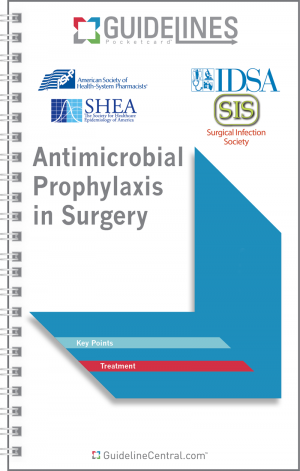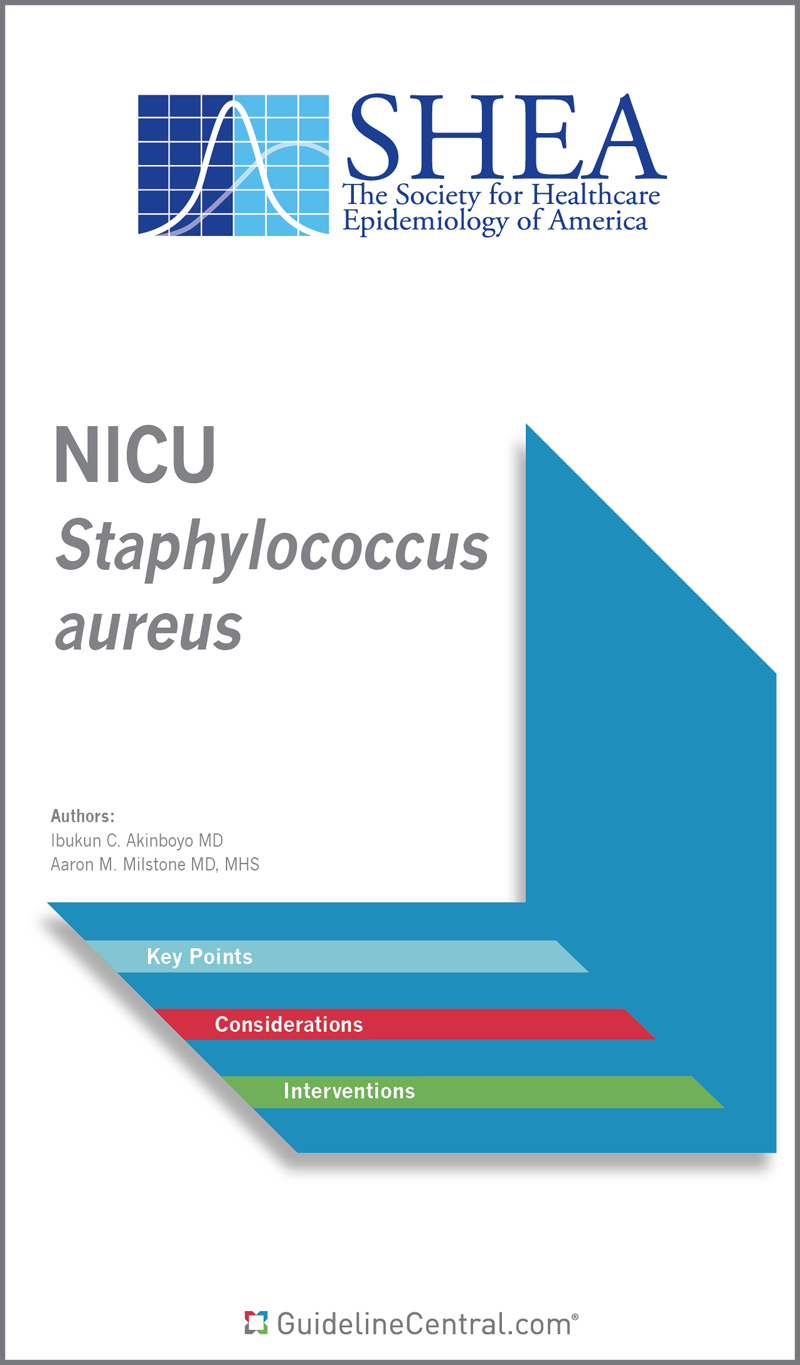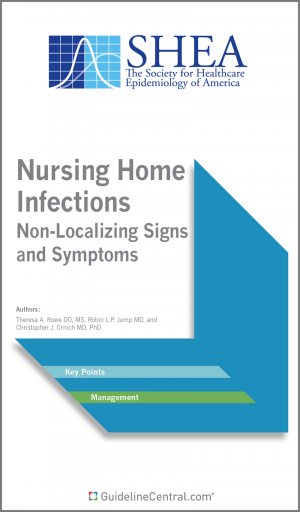- 6 pages
- Trifold
- 80# Aqueous Coating
- 4.25" x 7.25"
- Ships in 5 – 10 business days
- Key Points
- Considerations
- Family Members and Visitors
- Multiple Gestations with Discordant MRSA Status
- Interventions
- Surveillance Cultures
- Decolonization
- Contact Precautions
- For purchases under 100 in quantity, we suggest placing the order directly through the website.
- We offer group/institutional licenses for multi-user accounts (discount amount varies depending on the number of users).
- We are proud to offer special discounts to medical schools, training programs, students and more.
- We offer bulk purchase discounts based on number of copies and number of titles.
Contact Us for more details
Description
This resource is for informational purposes only, intended as a quick-reference tool based on the cited source guideline(s), and should not be used as a substitute for the independent professional judgment of healthcare providers. Practice guidelines are unable to account for every individual variation among patients or take the place of clinician judgment, and the ultimate decision concerning the propriety of any course of conduct must be made by healthcare providers after consideration of each individual patient situation. Guideline Central does not endorse any specific guideline(s) or guideline recommendations and has not independently verified the accuracy hereof. Any use of this resource or any other Guideline Central resources is strictly voluntary.
You can also find this product included in this bundle!
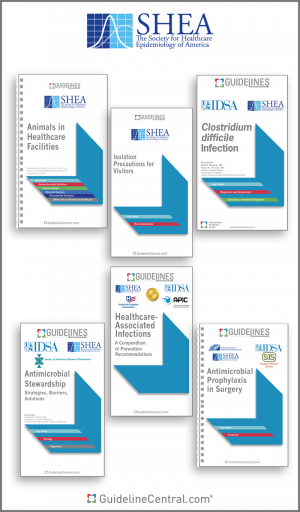
- Animals in Healthcare Facilities
- Antibiotic Stewardship
- Antibiotic Stewardship in Hospitals During Public Health Emergencies
- Antimicrobial Prophylaxis in Surgery
- Clostridium difficile
- Duration of Contact Precautions in Acute Care Settings
- Healthcare Personnel with Hepatitis B, Hepatitis C, or HIV
- Infection Prevention in the Operating Room Anesthesia Work Area
- Isolation Precautions for Visitors
- NICU Clostridioides difficile
- NICU Staphylococcus aureus
- Nursing Home Infections
- Prevention of Central Line-Associated Bloodstream Infections in the Neonatal Intensive Care Unit
- Prevention of Ventilator-Associated Pneumonia, Ventilator-Associated Events, and Nonventilator Hospital-Acquired Pneumonia in Acute Care Hospitals
- Strategies to Prevent Catheter-Associated Urinary Tract Infections in Acute-Care Hospitals
- Strategies to Prevent Central Line-Associated Bloodstream Infections in Acute-Care Hospitals
- Strategies to Prevent Clostridioides difficile Infections in Acute-Care Hospitals
- Strategies to Prevent Healthcare-Associated Infections through Hand Hygiene
- Strategies to Prevent Methicillin-Resistant Staphylococcus aureus in Acute-Care Hospitals
- Strategies to Prevent Surgical Site Infections in Acute Care Hospitals
Related Guidelines
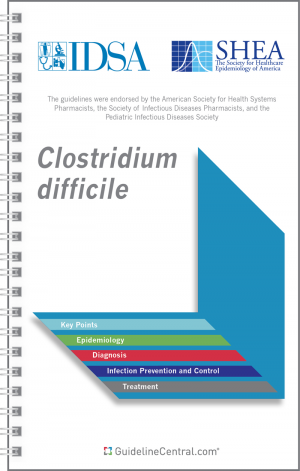
Clostridium difficile
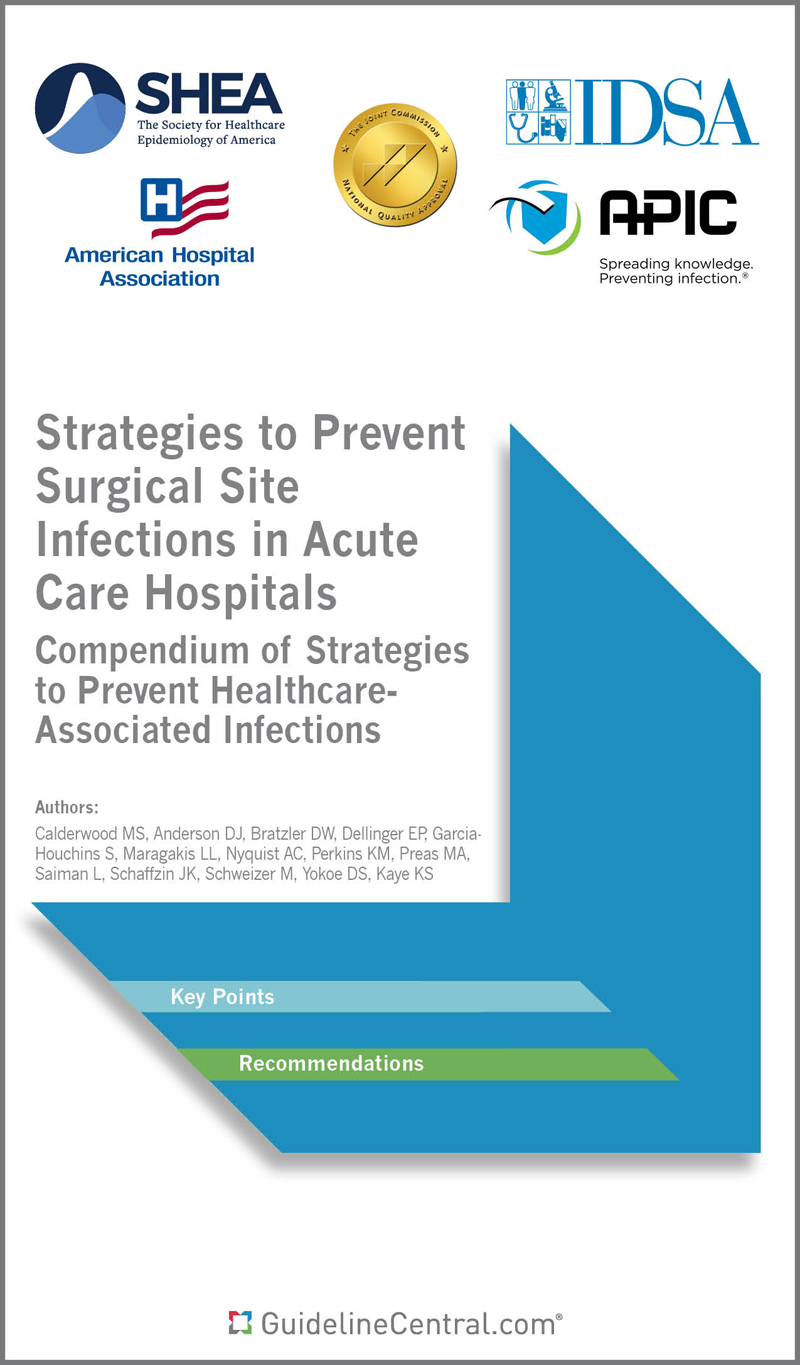
Strategies to Prevent Surgical Site Infections in Acute Care Hospitals
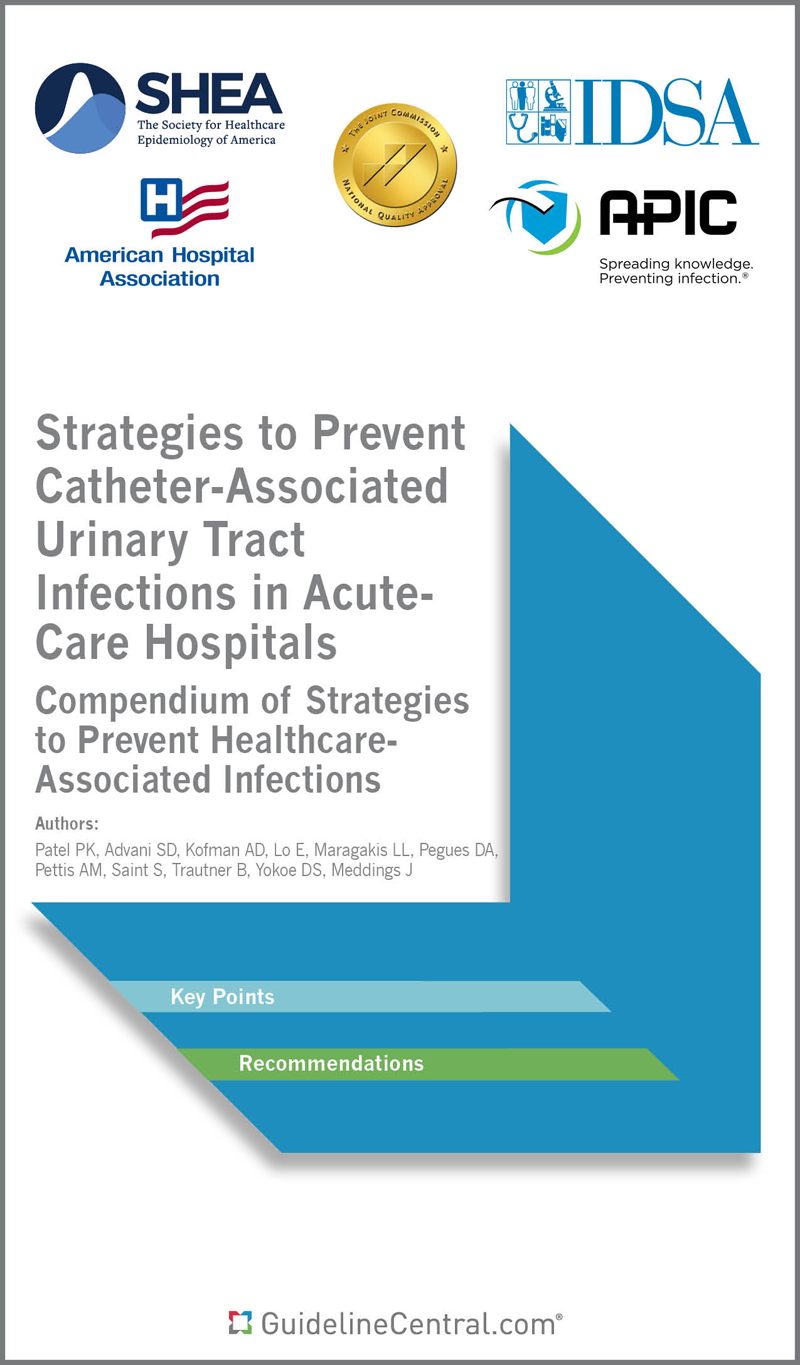
Strategies to Prevent Catheter-Associated Urinary Tract Infections in Acute-Care Hospitals
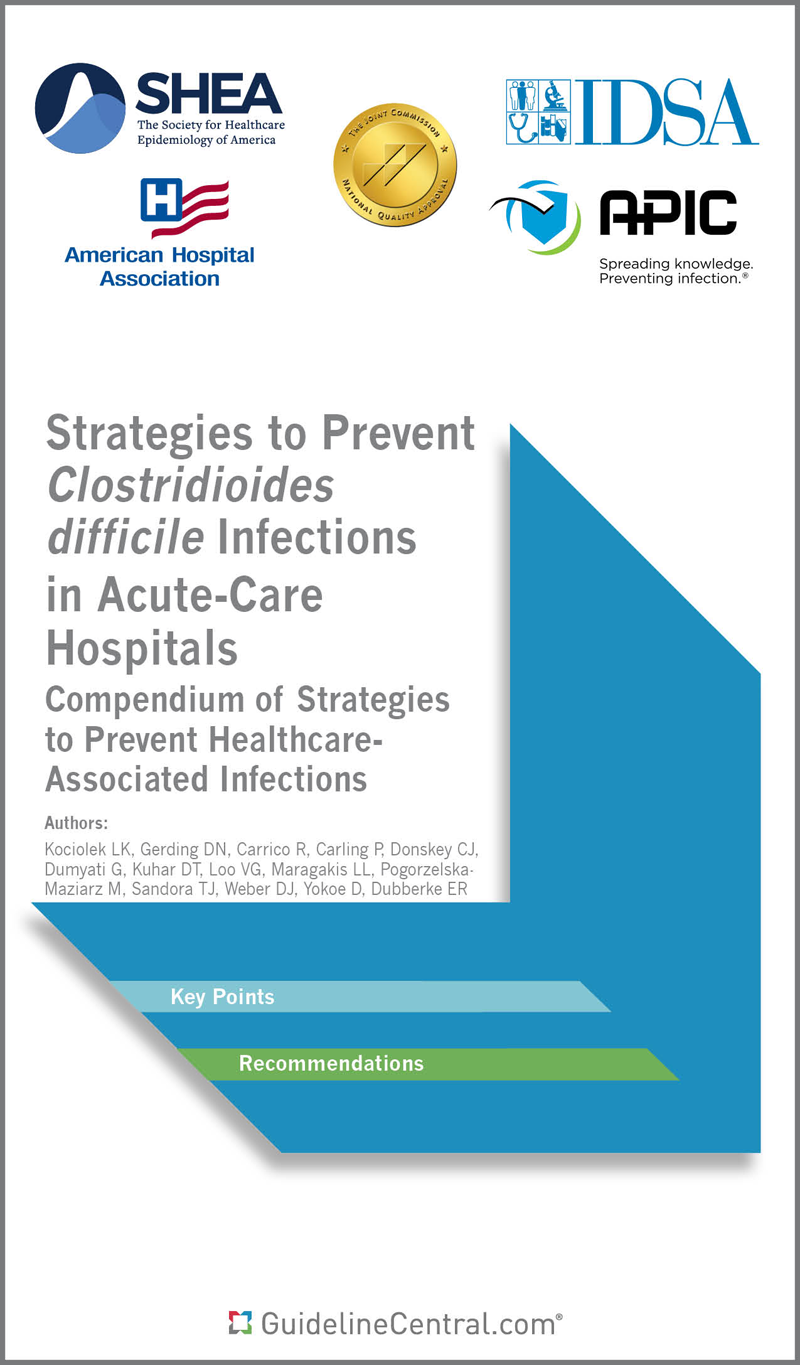
Strategies to Prevent Clostridioides difficile Infections in Acute-Care Hospitals
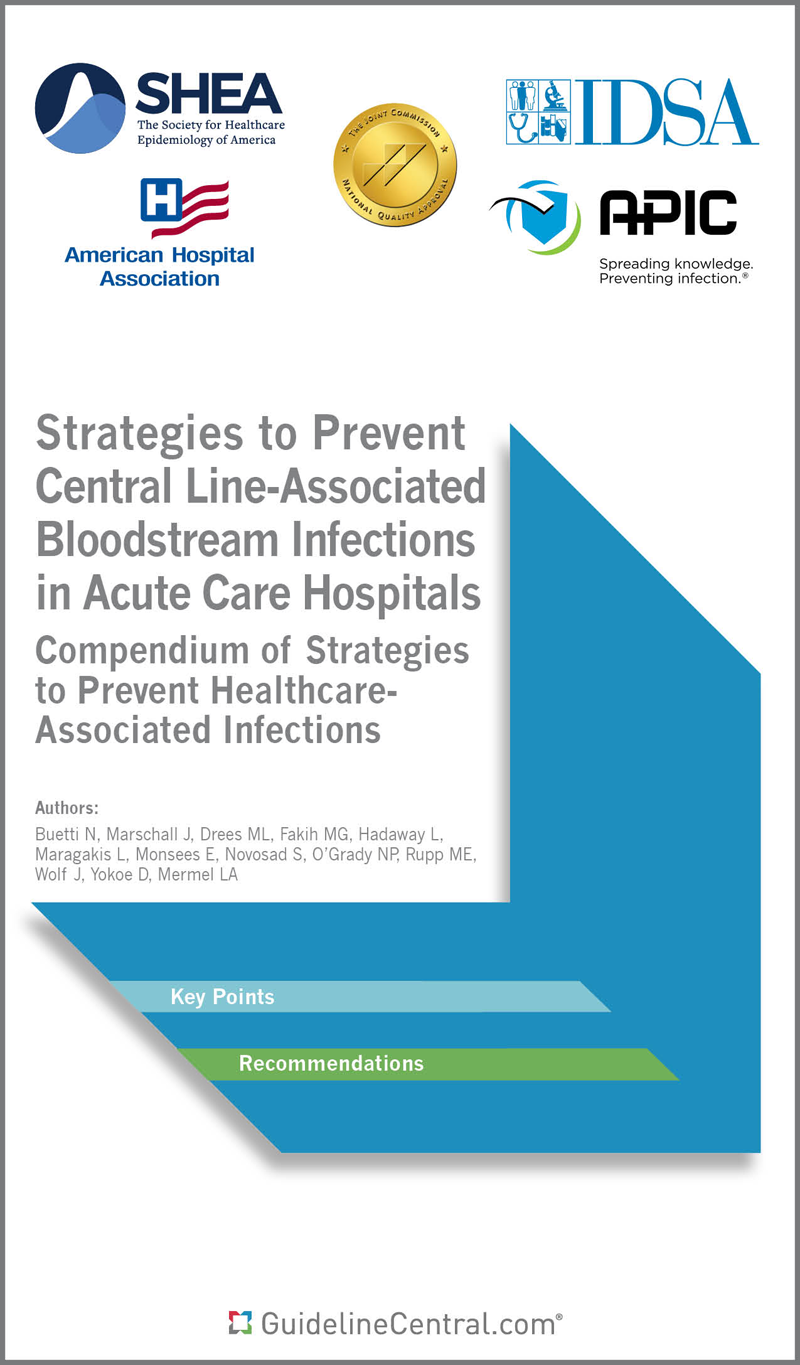
Strategies to Prevent Central Line-Associated Bloodstream Infections in Acute-Care Hospitals
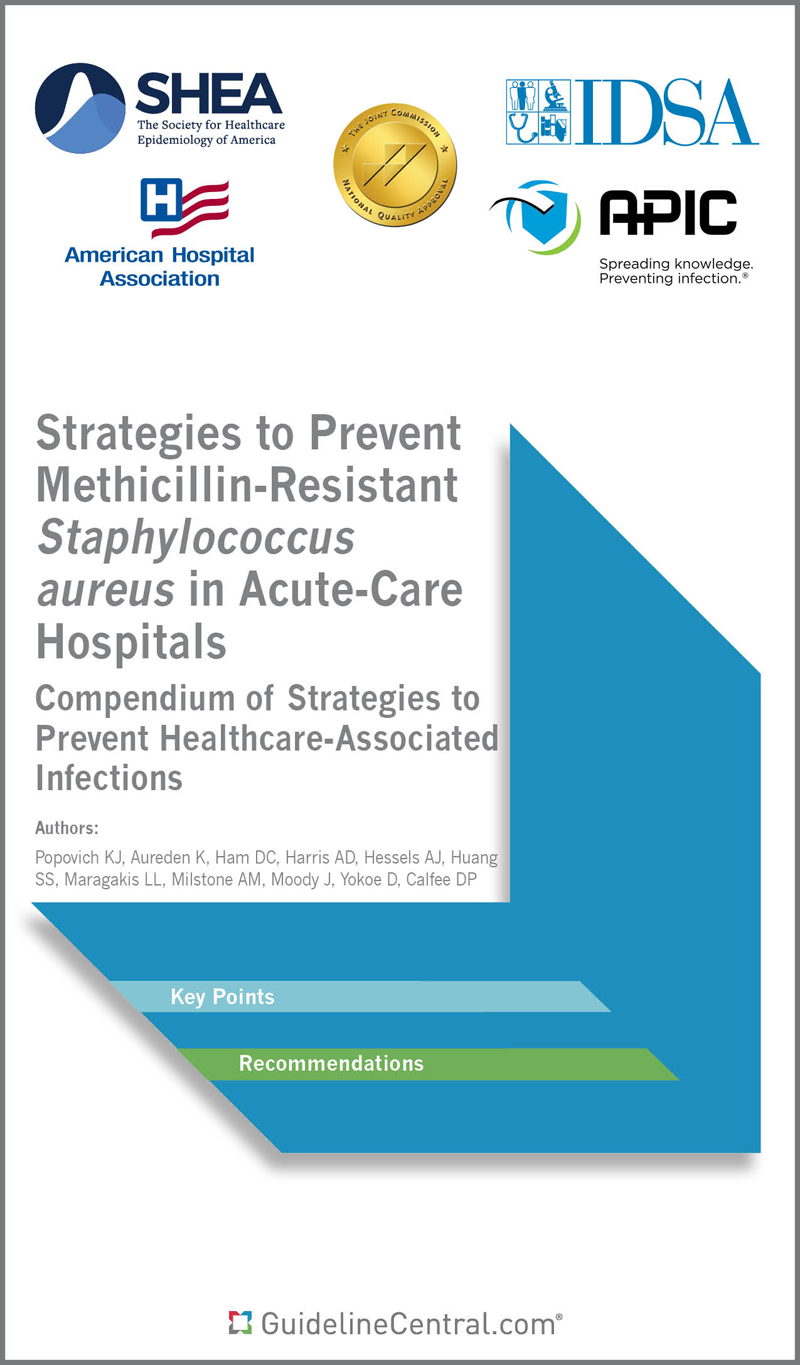
Strategies to Prevent Methicillin-Resistant Staphylococcus aureus in Acute-Care Hospitals
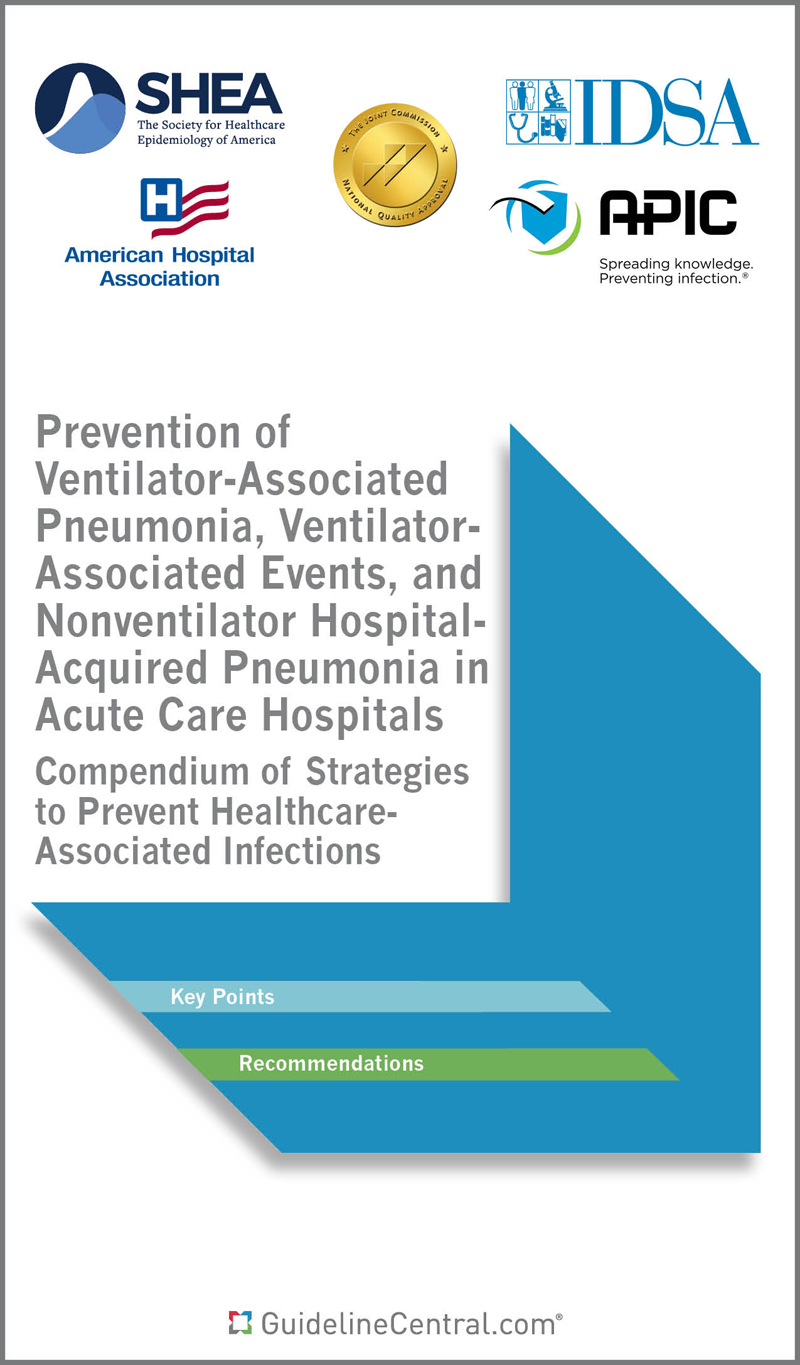
Prevention of Ventilator-Associated Pneumonia, Ventilator-Associated Events, and Nonventilator Hospital-Acquired Pneumonia in Acute Care Hospitals
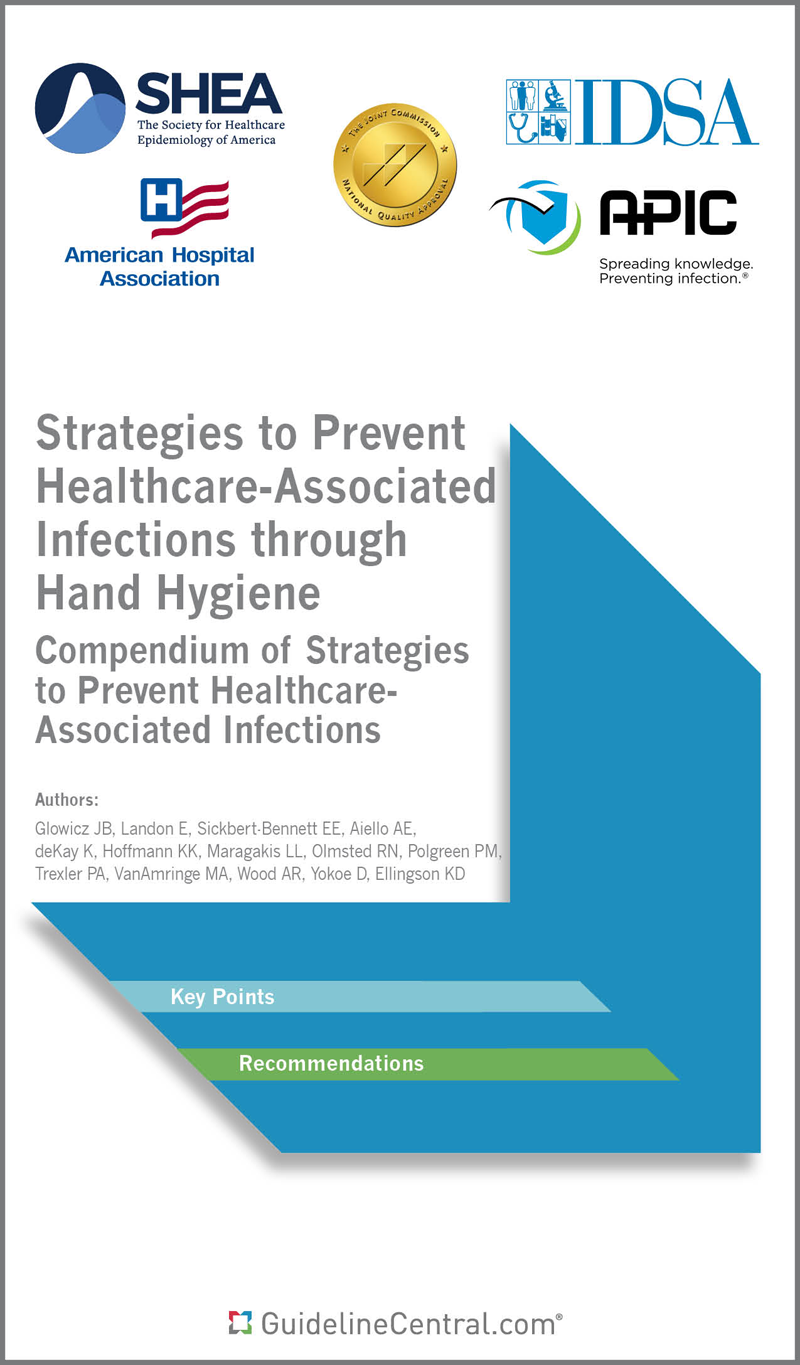
Strategies to Prevent Healthcare-Associated Infections through Hand Hygiene
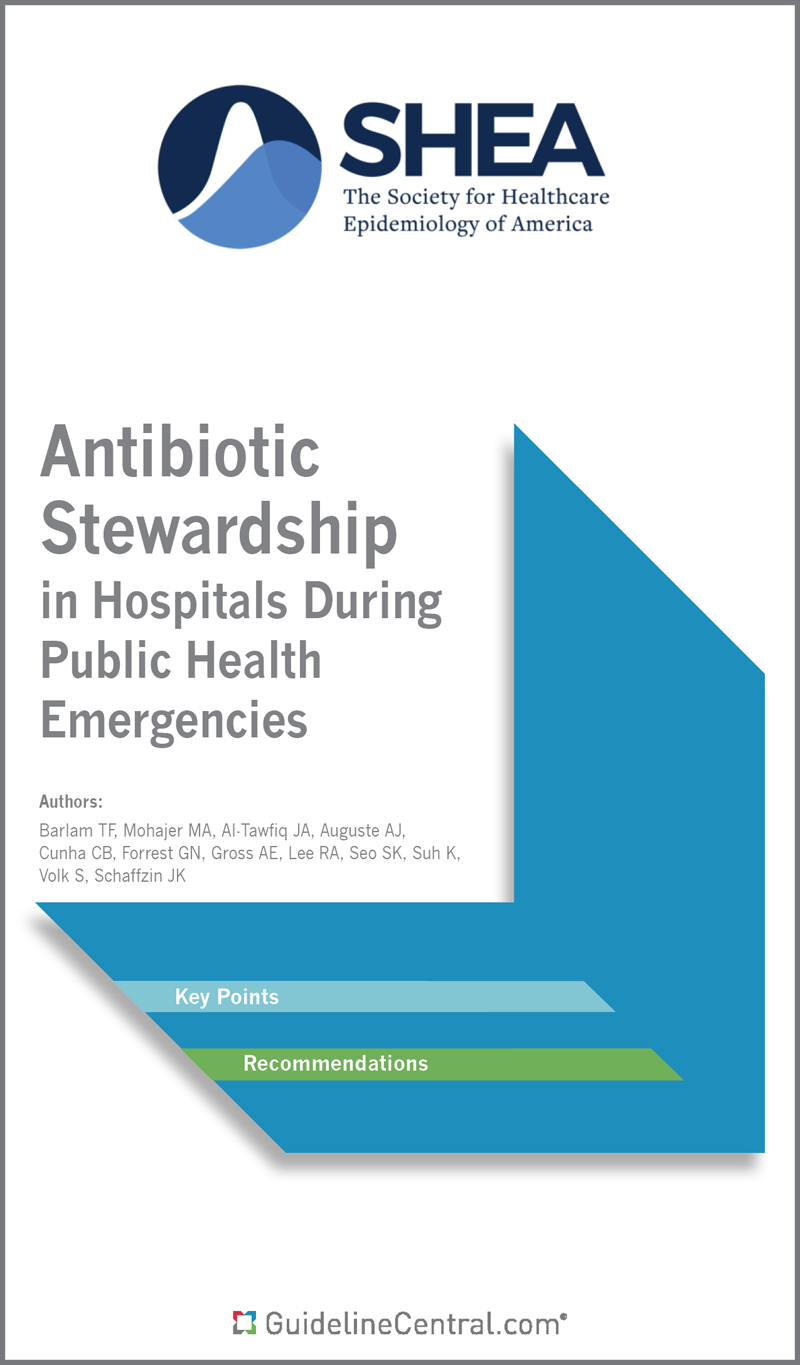
Antibiotic Stewardship in Hospitals During Public Health Emergencies
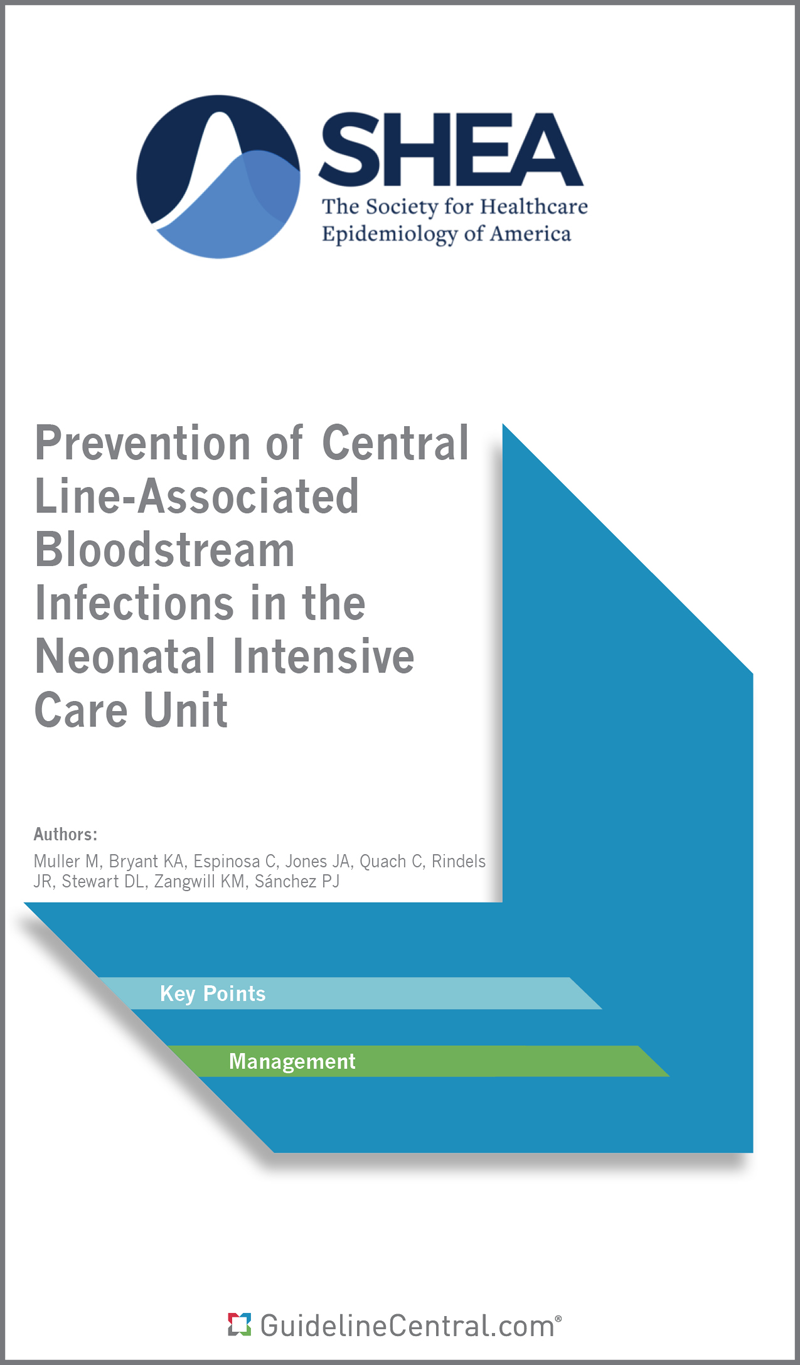
Prevention of Central Line-Associated Bloodstream Infections in the Neonatal Intensive Care Unit
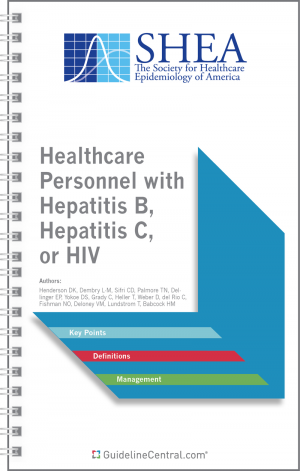
Healthcare Personnel with Hepatitis B, Hepatitis C, or HIV
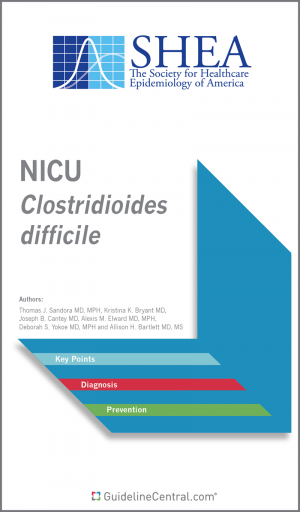
NICU Clostridioides difficile
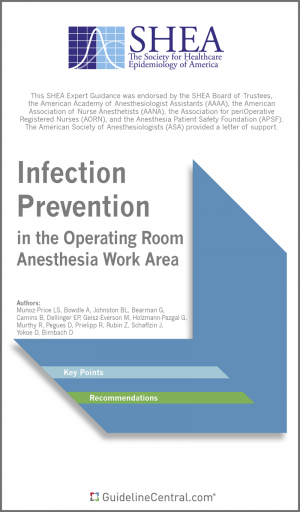
Infection Prevention in the Operating Room Anesthesia Work Area
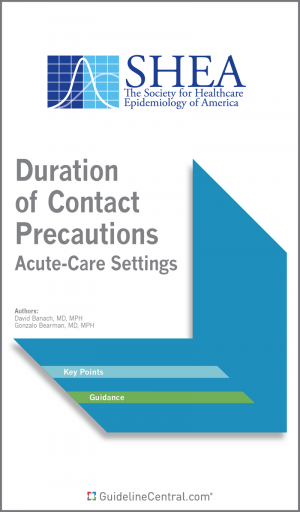
Duration of Contact Precautions in Acute Care Settings
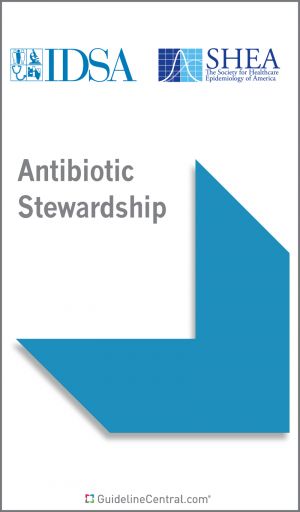
Antibiotic Stewardship
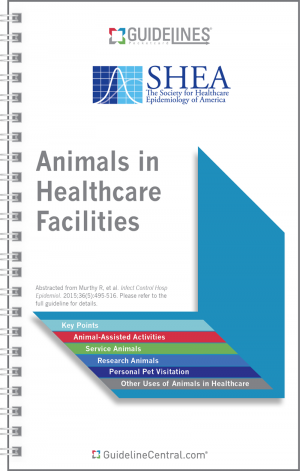
Animals in Healthcare Facilities
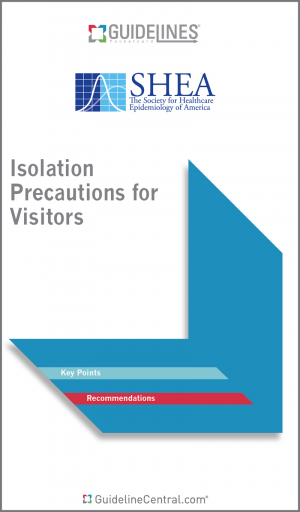
Isolation Precautions for Visitors
